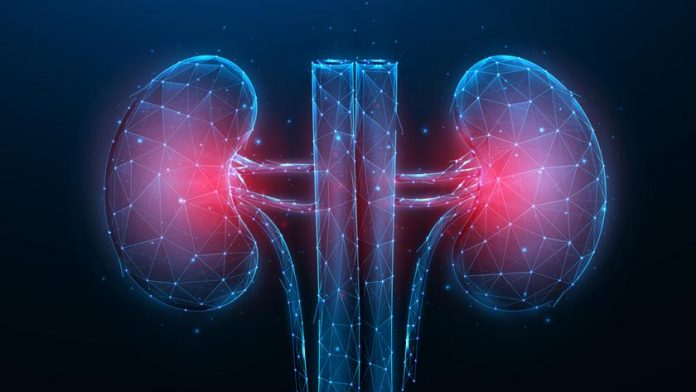A diagnosis of diabetes usually generates concerns about long-term health consequences involving many body organs, and the kidney is one of the most sensitive yet neglected ones. Non-communicable diseases like diabetes are on the rise in India, and it is linked to several illnesses. Diabetes is also linked to the fact that these illnesses are linked to one another. It has been found that more than one third of those who have diabetes are at risk for renal problems, and the fact that these issues often go unnoticed makes the situation all the more serious.
Causes:
One of these complications associated to diabetes is called diabetic nephropathy, and it is brought on by high levels of glucose in the blood. It can have an effect on the blood arteries and the filtration units (glomeruli) in the kidneys. This damage to the kidney can, over time, lead to an increase in the amount of protein found in the urine (a condition known as proteinuria), which can have an adverse effect on renal function.
Symptoms:
Some of the most common symptoms include frequent urination, high blood pressure, swelling of the feet, ankles, and hands, high levels of protein in the urine, inability to concentrate, loss of appetite, nausea, and exhaustion. Because a significant proportion of patients do not exhibit any symptoms, it is recommended to test the patients’ blood and urine frequently and at regular intervals. Diabetics who smoke cigarettes, have erratic eating patterns, regularly use alcohol, and have sedentary lives have a greater chance of getting kidney-related conditions such as diabetic nephropathy.
The treatment, as well as the prevention:
Since improper management of one’s lifestyle is the primary cause of diabetes and diseases linked to diabetes, the condition can be effectively managed by making appropriate changes to one’s lifestyle, such as leading an active lifestyle, engaging in regular physical activity, consuming a diet that is high in protein and low in carbohydrates, reducing one’s sodium intake, and avoiding fatty foods entirely. It is recommended that people give up smoking and drinking alcohol, as well as keep their stress levels as low as possible. It is important to have checkups on a consistent basis and to monitor one’s blood sugar levels on a consistent basis.

 English
English






